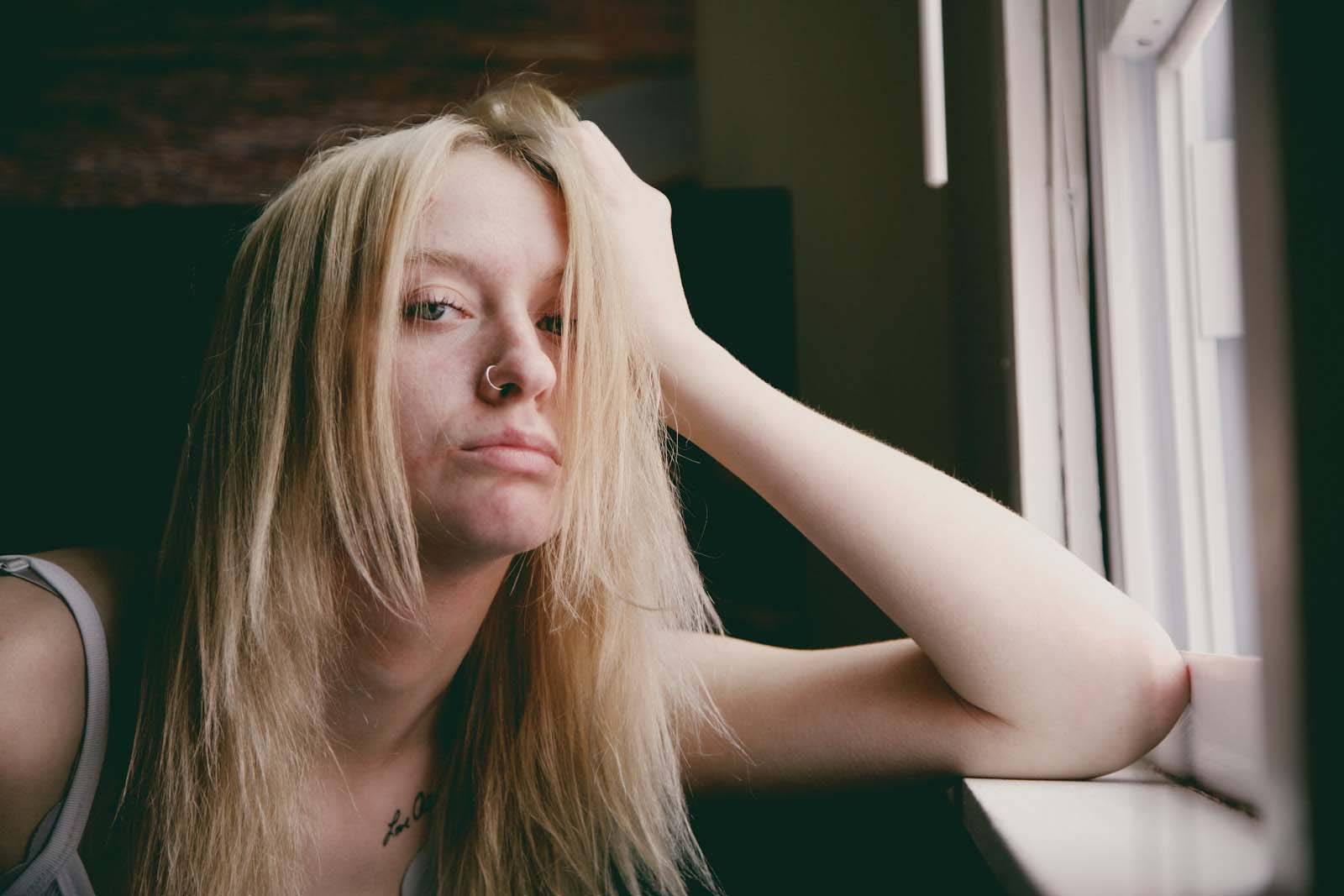Extroverts and Coronavirus: Coping with “Shelter in Place”

We started to look at issues around COVID-19 and personality type last week; this week’s post explores extroverts and coronavirus.
There are significant differences between introverts and extroverts when it comes to their experience of the coronavirus lockdown. Granted, it’s true that even strong introverts can have too much social isolation in similar ways to extroverts, and also that both introverts and extroverts struggle with the mixing of private home space and work space. Yet the strong extrovert runs into some issues that are quite unique to her or his personality type.
What exactly do we actually mean when we say that someone is an “extrovert”? It’s not widely known that C.G. Jung actually developed the concept of extroversion. As he described it, an extrovert is someone who seeks to be involved with other people and the external world with “a desire to influence and be influenced by events.” He was referring to the person who is brought to life by social interaction, quite possibly in groups and who is often “the life of the party”, the “people person”. Jung also defines an extrovert as someone who is energized by social interactions.
What Happens When You Lock Down an Extrovert?
If you’re an extrovert, you thrive on engagement with other people and with the wider world. Socializing with others gives you energy and makes you feel good. As an extrovert, you likely value being around different people, socializing with them, and doing a variety of activities.
Unfortunately, being around people, face-to-face socialization, and getting the chance to switch from activity to activity are just the things that the current COVID-19 lockdown situation makes difficult. If we abide with the lockdown restrictions, we can’t mix with people other than our immediate family. Social distancing at 2 metres apart is not the same thing as face-to-face interaction and the brain knows it. In addition, if you have each person in a conversation wearing a protective face mask — well, let’s just say, party’s over.
Extroverts and Coronavirus — and Denial!
One important way in which we see extroverts attempting to get the social connection that they need is by using various technologies to get it virtually. We’re all aware of the advent of online happy hours, Netflix viewing parties, Zoom group meetings, virtual yoga, Tai Ch’i and exercise classes and all the other varieties of virtual interaction which have arisen — including the true heyday of online therapy.
These virtual techniques can offer assistance with the effects of social isolation. They can actually help extroverted individuals to feel a little more at ease and more positive about their life situation during the lockdown period. However, they are probably not providing enough gratification to truly be sustaining throughout an extended lockdown.
The danger might be that outer-directed individuals might not notice the emotional effects of the lockdown. In fact, one of the features of the lockdown that seems very prevalent is a sort persistent tiredness and lack of energy that many people are experiencing. This seems like it might well be rooted in a kind of low-grade depression.
Expressing Extroverted Energy During Lockdown
If as an individual, you are experiencing this, it’s very important to acknowledge this feeling, as it may well be one of the accompaniments of extroversion and coronavirus lockdown. The Washington Post quotes human resources research scientist Dr. Michael Wilmot:
being active, engaging in activities that are new and exciting, and experiencing positive emotions are [all] important for extroverts.
While opportunities to do these things may be more limited during the lockdown than previously, they do still exist. Staying active is something of great importance to extroverts, so, if you live in a place where it’s still permitted, like Ontario, walking, hiking, running and biking are all great ways to do this. It may be, too, that there’s joy and life in dancing or playing “air guitar” while listening to loud music, and if you can do this with someone else over Facetime or another app, so much the better!
Another thing that might have meaning for extroverts in the course of lockdown is doing things that have a positive or valuable effect on the outer world, such as:
- contributing in some way to your favourite cause or charity;
- being active in some way such as letter writing for some political or social cause that is important to you; or,
- expressing thanks in some meaningful way to first-line responders or essential workers.
Finally, it may be valuable and meaningful to extroverts to consider therapy such as Jungian /a-midlife-transition to help explore their own feelings, and to discover particular things that each person can do to express their own feelings and to allow themselves to feel truly connected with others and with the world.
With very best wishes to each of you as we make our way through this period towards its hopefully rapid conclusion, and as you move on your journey towards wholeness.
